In a Nutshell: I'm trying to change the VideoTrack of a MediaStream object.
(Documentation: https://developer.mozilla.org/en-US/docs/WebRTC/MediaStream_API)
I have a MediaStream object __o_jsep_stream_audiovideo which is created by the sipml library.
__o_jsep_stream_audiovideo looks like this:

So it has one AudioTrack and one VideoTrack. At first the VideoTrack comes from the users camera (e.g label: "FaceTime Camera").
According to the Documentation:
A MediaStream consists of zero or more MediaStreamTrack objects, representing various audio or video tracks.
So we should be fine adding more Tracks to this Stream.
I'm trying to switch/exchange the VideoTrack with that from another stream. The other stream (streamB) originates from Chromes ScreenCapture api (label: "Screen")

I tried:
__o_jsep_stream_audiovideo.addTrack(streamB.getVideoTracks()[0])
which doesn't seem to have any effect.
I also tried assigning the videoTracks directly (which was desperate I know).
I must be missing something obvious could you point me in the right direction?
I'm running
- Chrome (Version 34.0.1847.131) and
- Canary (Version 36.0.1976.2 canary)
- OSX 10.9.2